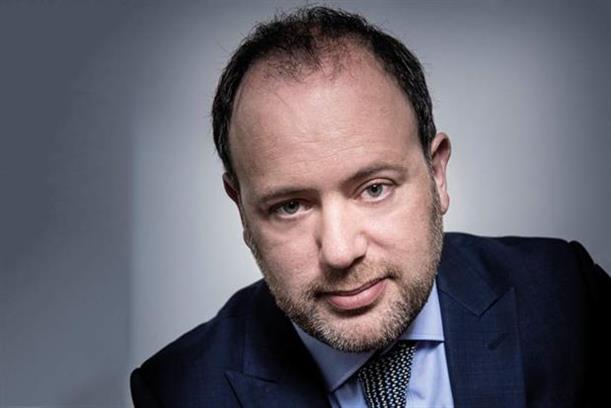No one wants to make the same mistake as the newspapers, which spent too long refusing to collaborate as US tech giants ravaged their business. So public service broadcasters are right to talk about creating a joint platform for British TV content.
When the ad sales chiefs from ITV, Channel 4 and Sky united for the inaugural Big TV Festival earlier this year, they wanted to appeal to marketers and media planners from the millennial generation, who might not appreciate TV in the age of YouTube, Facebook and Netflix.
The broadcasters didn’t refer to the newspaper industry but there was a tacit admission that they do not want to follow their inky counterparts, who only began talking seriously about collaboration in 2016 when their print ad revenues were already in freefall.
TV has been far more resilient – in both viewing and advertising – and has not faced the same structural decline as newspapers. But change cannot be postponed indefinitely.
The warning signs of rapidly shifting media habits can be seen everywhere.
There are now more UK subscriptions to streaming platforms, such as Netflix, Amazon Prime and Sky’s Now TV, than to established pay-TV services, according to Ofcom, although it’s worth noting many consumers buy both.
Worryingly, the regulator found spending by the BBC, ITV, Channel 4 and Channel 5 on new, UK-made TV programmes has fallen to a 20-year low of £2.5bn – down from a peak of £3.4bn in 2004.
Traditional TV consumption among the young is slumping. BBC TV viewing by 16-34s has tumbled 36% since 2013 – a shocking fall that should alarm everyone, given the BBC’s contribution to the UK creative industries.
No wonder that Sharon White, Ofcom’s chief executive, said last month: "We’d love to see broadcasters such as the BBC work collaboratively with ITV, Channel 4 and Channel 5 so they have that scale to compete globally." White added: "It would be great to see a British Netflix."
Her signal for the broadcasters to talk was significant because, a decade ago, regulators took the short-sighted decision to block a similar effort by the BBC, ITV and Channel 4 to create a joint online platform, Project Kangaroo.
There is an argument that new players, such as Netflix and Amazon, are investing large sums in high-end British content but they want accessible shows with global appeal.
In 2014, David Abraham, the then boss of Channel 4, gave a prescient speech in which he said Britain’s unique TV ecology was at risk from digital disruption. "Once lost, it’s almost impossible to replace," he warned.
Creators and owners of original content can still prosper if they embrace change, work together and put the customer first. The mini-renaissance in the recorded music industry, which is growing again thanks to streaming, shows a way forward.
But the pace of technological disruption is unrelenting. UK news publishers have collaborated to a small degree by setting up The Ozone Project, a joint sales platform for digital display ads, but more perils lie ahead.
The decline of the physical high street, the tech giants’ stranglehold over data and the likely "Spotification" of news mean the need for further collaboration is urgent.
Advertisers can help, given their historic role in funding commercial media content. They have recently learned painful lessons after forgetting about brand safety, trust and editorial context in a digital world. They should consider the importance of supporting UK-made content, too.
As for media owners that are competing with the tech giants, there is a simple message: collaborate more.
Gideon Spanier is the global head of media at 北京赛车pk10.



